
SPDR Bloomberg 1-3 Month T-Bill ETF (BIL)
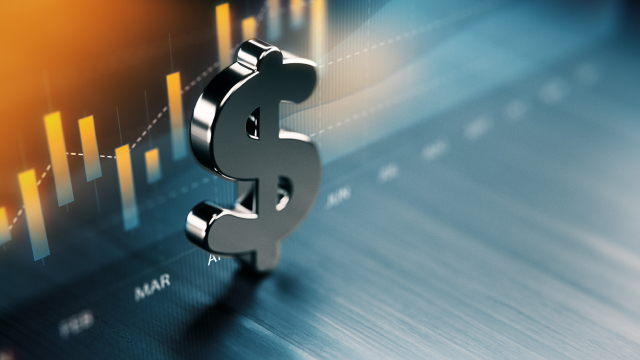
Worried About Inflation? These 3 ETFs Offer Real Protection
Though inflation has improved, it remains one of the most significant threats to an investor's accumulation of wealth. Combined with stock market volatility and broader economic uncertainty, and investors find themselves in a risky environment.

Bond ETFs in Focus as Treasury Yield Touches 3-Year Low
Bond ETFs like SGOV and SCHO gain traction as Treasury yields sink to three-year lows, reflecting rising investor caution amid mounting market stress.
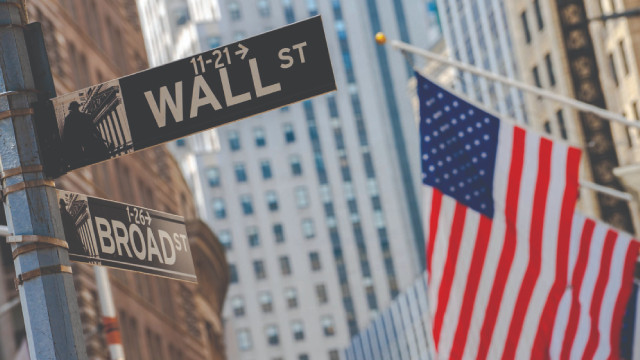
BIL: SPDR Bloomberg 1-3 Month T-Bill ETF, I'm Buying As Tariffs Hit Inflation
BIL offers a risk-free, highly liquid yield of 4.5%, making it ideal for conservative investors seeking income and capital protection. Persistent inflation and potential tariff impacts may keep rates higher for longer, supporting BIL's attractive yield relative to inflation. In a downturn, BIL provides capital safety and liquidity, allowing investors to redeploy funds into equities at opportune moments.

ETF Records Were Made to Be Broken
Mid-2025 is approaching, and exchange traded fund demand continues its robust growth. Last year was a landmark year for the ETF industry, with industry net inflows for the first time surpassing $1 trillion and one ETF exceeding $100 billion in net inflows.

Fixed Income ETF Flowdown: Market Jitters Spark Skittish Moves
Investors were eager to close the books on April's tariff-fueled market tantrum, which left both the Dow and S&P 500 riding three-month losing streaks despite a recent rebound. Equity ETF flows cooled, while fixed income ETFs put on a decisively skittish performance.
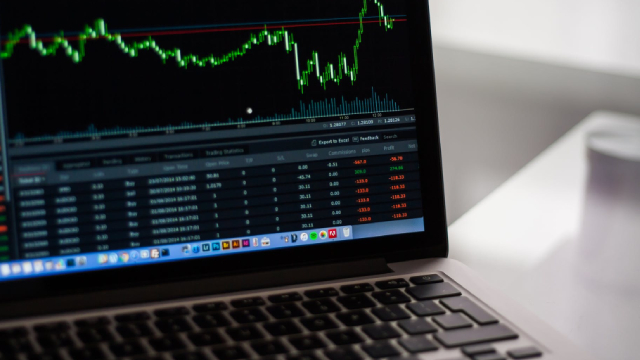
ETFs on Pace (Again) to Break a Record
Some advisors are taking a tactical approach to investing. Many others are strategic and making 3-4 allocation changes a year.
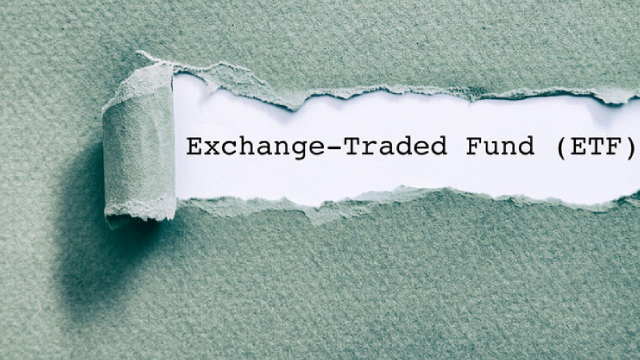
Short-Term Bonds Dominated Last Week's ETF Inflows
Investors bet on defensive investments in short-term or ultra-short-term bond ETFs amid heightened uncertainty.
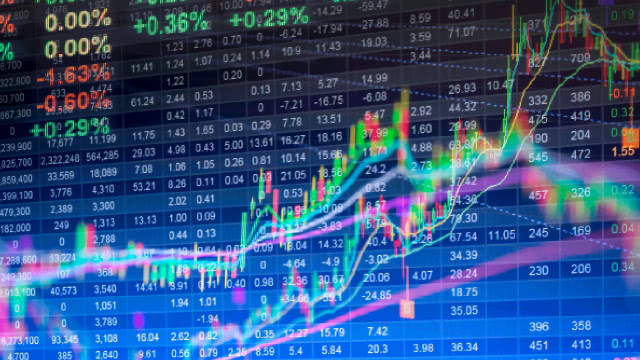
Risk-Off Fixed Income in Demand in April
It's been another strong year for ETF demand. ETFs gathered approximately $350 billion of new money year-to-date through April 16.
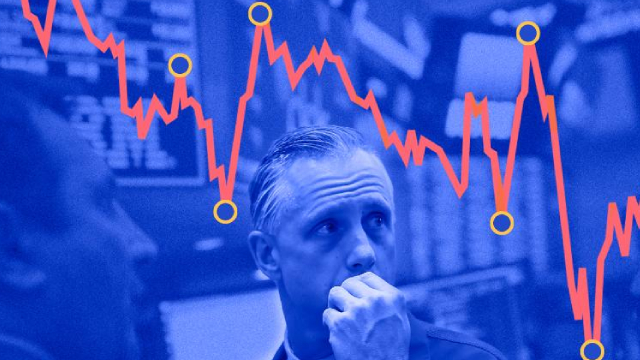
ETF Prime: Murphy Highlights ETF Flows Amid Market Turmoil
On this week's episode of ETF Prime, host Nate Geraci and VettaFi Investment Strategist Cinthia Murphy analyze ETF flows and trends after a wild week in the markets. Later, Geraci welcomes VistaShares CEO Adam Patti to discuss the firm's unique approach to ETFs.

ETFs For A Recession
Tariffs have caused havoc on the market, with double-digit equity drawdowns and sky-high volatility. Lots of investments are tailor-made for these conditions, experiencing either negligible losses, or seeing significant gains, during recessions. There are ETFs tracking these investments. A look into six such ETFs follows.
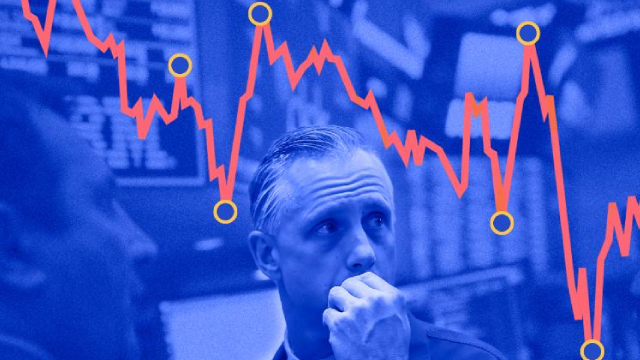
BIL ETF: Safeguard Your Assets From Extreme Volatility
BIL offers exposure to ultra-short U.S. government bonds with attractive yield and market volatility shield. The future interest rate path remains uncertain, as the hike in trade levies may result in lower GDP growth and higher inflation for the U.S. economy. BIL provides an attractive yield to shareholders, which could benefit further with up to a 4% return in a 12-month horizon.
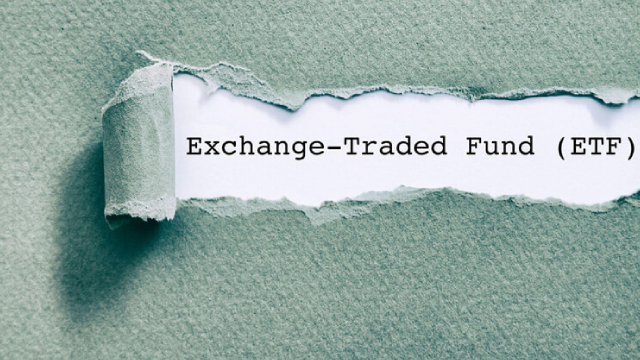
Defensive ETF Strategies to Follow Amid Market Carnage
We highlight some defensive investment strategies for investors amid the ongoing chaos.







